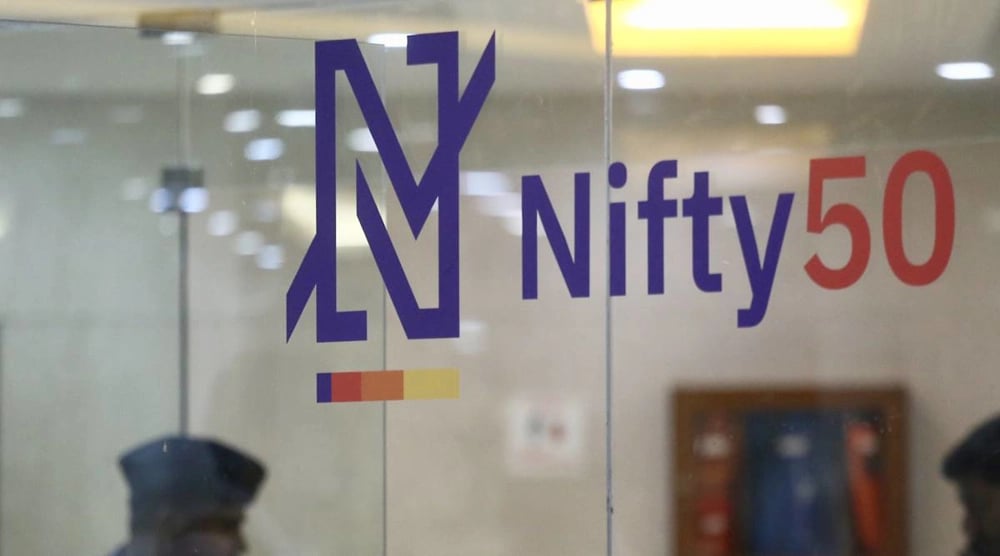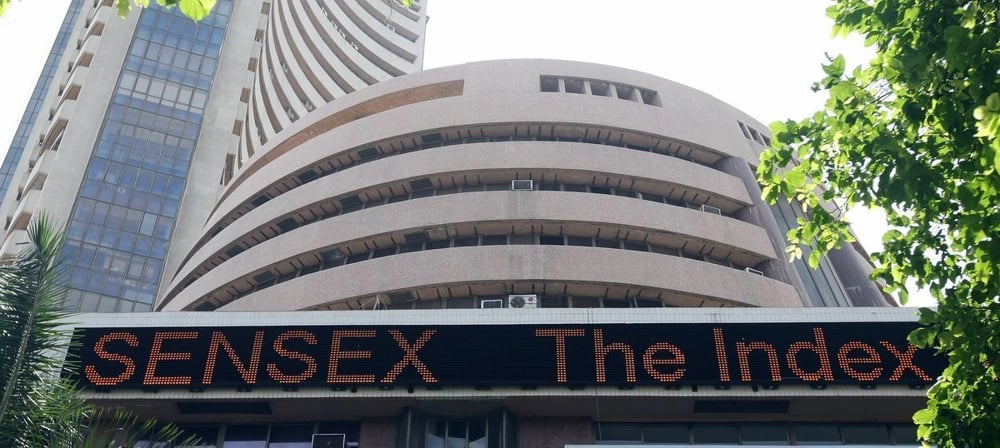Indian Benchmarks Slip as Global Cues and Geopolitical Tensions Weigh on Sentiment
Indian equity markets ended Thursday’s session with notable losses, in sync with risk aversion across global markets. The BSE Sensex (SENSEX), comprising 30 blue-chip stocks, declined by 823.16 points, or 1%, closing at 81,691.98. During intraday trading, the index touched a low of 81,523.16, marking a deeper drop of 991.98 points or 1.20%. The broader NSE Nifty 50 $^NSEI mirrored the trend, falling by 253.20 points (-1.01%) to settle at 24,888.20.
The sell-off was triggered by escalating geopolitical tensions in the Middle East, which dampened investor sentiment globally. Indian markets also responded to persistent foreign institutional investor (FII) outflows, further intensifying downside pressure.
Foreign Capital Flight Adds to Risk-Off Mood
According to market participants, renewed outflows of foreign capital significantly contributed to the correction. With global investors turning cautious amid geopolitical uncertainty and mixed macroeconomic data, Indian equities experienced increased volatility. The sustained selling by FIIs has weighed on market breadth and liquidity in recent sessions.

Sectoral Movements and Stock Performances
While the majority of sectoral indices ended in the red, selective gainers emerged, offering some support to the broader market.
Among the Sensex constituents, the following stocks recorded notable movement:
Decliners: Tata Motors $TATAMOTORS.NS, Titan Company $TITAN.NS, Power Grid Corporation $POWERGRID.NS, Tata Steel $TATASTEEL.NS, Larsen & Toubro $LT.NS, Mahindra & Mahindra $M&M.NS, Hindustan Unilever $HINDUNILVR.NS, and NTPC $NTPC.NS.
Advancers: Bajaj Finserv $BAJAJFINSV.NS, Asian Paints $ASIANPAINT.NS, and Tech Mahindra $TECHM.NS.
This distribution highlighted a marginal rotation into defensives and consumer-oriented plays, even as industrials and auto stocks faced heavy selling pressure.
Weak Global Sentiment Mirrors Domestic Downturn
The downturn in Indian benchmarks was part of a broader global market retreat. In Asia, South Korea’s Kospi and China’s SSE Composite ended marginally higher, showing relative resilience. In contrast, Japan’s Nikkei 225 and Hong Kong’s Hang Seng Index closed lower, reflecting investor caution. European indices opened in negative territory, extending the cautious tone across developed markets.
Investors remain alert to potential spillovers from geopolitical escalations, particularly any disruptions in oil supply chains, which could impact inflation trajectories and central bank policy responses globally.

Short-Term Outlook Hinges on Risk Sentiment
Although India’s macroeconomic fundamentals remain relatively sound, equity valuations are vulnerable to external shocks. With benchmark indices trading near historic highs prior to the recent correction, markets are now grappling with recalibrated risk appetite.
The immediate trajectory of Sensex and Nifty will depend on the persistence of foreign outflows, clarity around geopolitical risks, and signals from upcoming U.S. and European monetary policy events.















Comments
It's fascinating to see how global risk aversion is visibly taking a toll on Indian equity markets today.